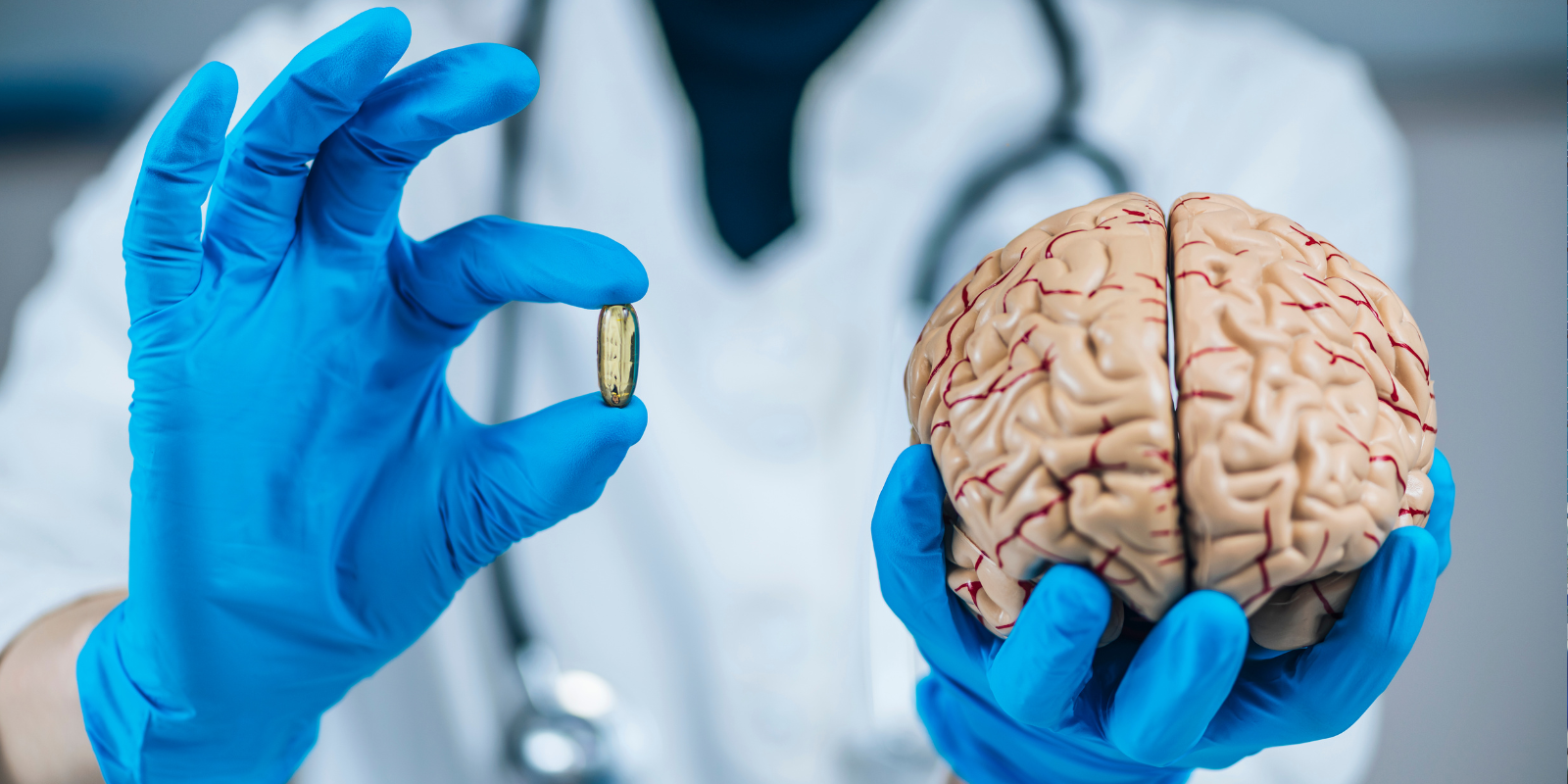Honestly prescribed placebo treatments for chronic back pain (CPB) led to significant improvements in pain alleviation with lasting results, according to a new study out today in JAMA Network Open.
Placebos are commonly used in clinical studies as a control condition and are usually deceitfully prescribed. In one of the first studies of its kind, researchers aimed to find how an open-label, or honestly prescribed, saline injection placebo worked in alleviating symptoms of CPB. Results indicate that the placebo treatment not only reduced pain intensity, but also improved mood, sleep and pain regulation in the brain, with some results lasting for at least a year.
“What we found was that placebos prescribed honestly and openly still change how your brain processes back pain,” says Yoni K. Ashar, PhD, assistant professor at the University of Colorado Anschutz Medical Campus and lead author. “We saw less activity in the pain processing and more activity in the pain regulating parts of the brain.”
Researchers collected pre- and post- treatment brain imaging using functional MRI from more than 100 enrolled patients with CBP. Patients were given a single saline injection into the back, were told that it was a placebo, and were told that placebos can powerfully and automatically engage the body’s natural healing capacities. Neuroimaging results not only show increase in pain regulation, but increased connectivity with an opioid-releasing brainstem nucleus, “which acts as part of the brain’s own pharmacy,” says Ashar.
Placebos appear to block pain signals
“This connectivity helps block pain signals from the body, releasing opioids – much like how our brain might respond in a fight,” he says. “It tells our brain to ignore the pain for now. Placebos seem to engage the same internal opioid release mechanism.”
Placebo use is often viewed as unethical, as its prescription requires deception. However, this study emphasizes that honest prescription can still yield results. Ashar says this could mean patients have a new treatment option when assessing pain management with their doctors.
“This study suggests we can ‘placebo ourselves’. We can agree to something we know is a placebo and, with the right mindset, it can still work to engage pathways we know regulate pain,” he says. “While there is work to do around the perception of placebo treatments, we know it is safe, cheap, effective and does not require deception to work.”
Ashar continues, “Additionally, I believe our results speak to the power of healing rituals, regardless of belief. They demonstrate that healing rituals, like getting an injection from a doctor wearing scrubs while laying on an exam table, can be powerful, even when we know the syringe has no active ingredient in it.”

.png)

.png)
